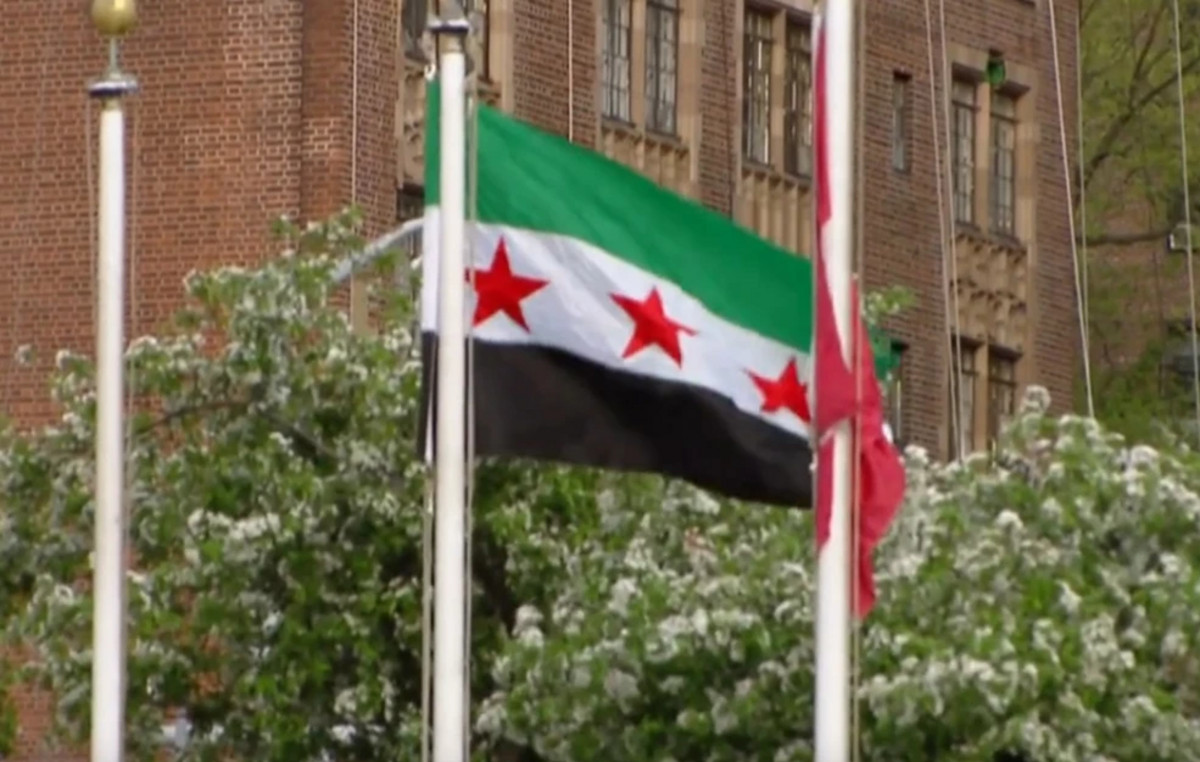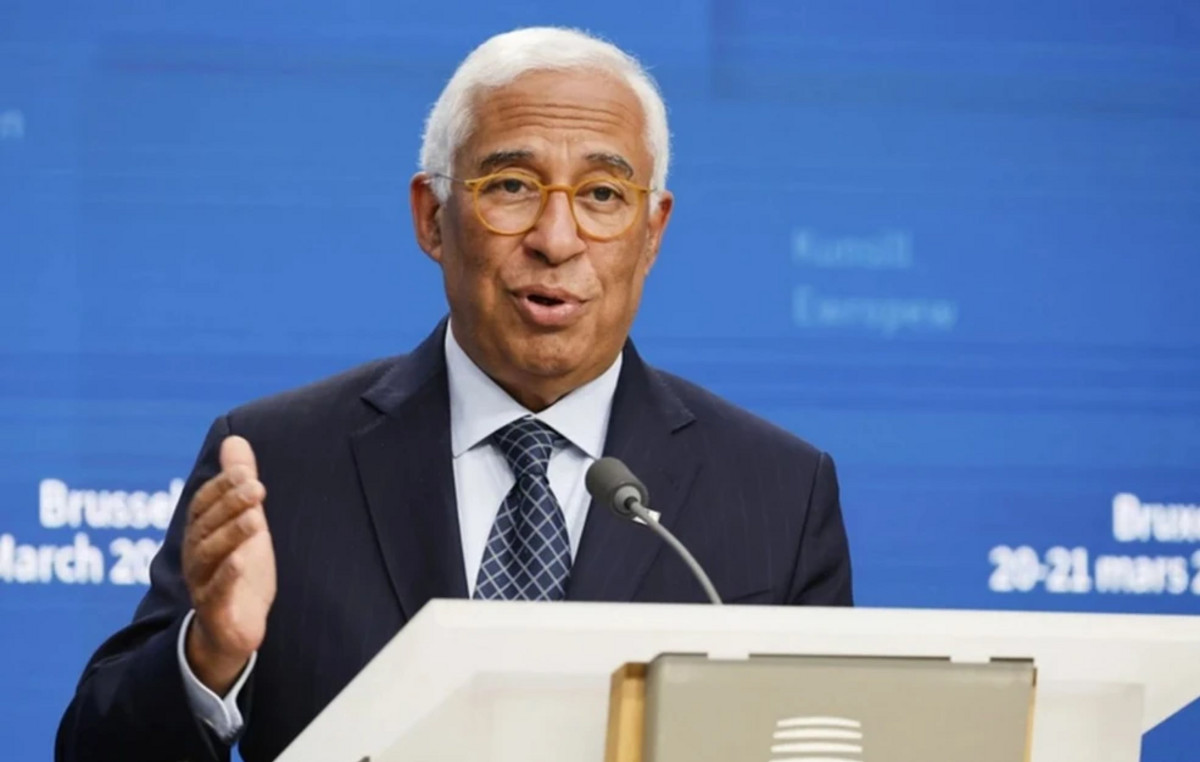The windows are closed all over the street “Kharabat, The historic neighborhood of Afghan music life, since Taliban invaded Kabul in mid-August.
The musicians, according to the Athens News Agency, have taken their instruments home or hidden them in shops, waiting to see whether the Taliban will ban it again music as 25 years ago.
Today, without a job and without any official announcement, they gather in the music neighborhood, chatting and playing, turning it into an informal conservatory. They talk about what the famous singer shared Aryan Khan, when he found his piano and drums damaged in Kabul, or for the murder of a popular musician Fawad Andarabi at his cottage and wonder if they will be next.
“We have seen photos on the internet. Will we have the same problem? If not today, tomorrow? ” wonders Zambir, who plays the rubab, an Afghan stringed instrument belonging to the lute family. He spent three days at the airport gates desperately trying to leave for anywhere. And he continues: “Music nourishes your soul. “I do not want to live here without her anymore.”
Twenty-five years ago, during Taliban rule, many musicians emigrated to escape exile. And they came back after the fall in 2001.
Opposite Kharabat Street, is the National Institute M.Afghanistan (ANIM) which is perhaps the next target for the Taliban who not only destroyed musical instruments in 1996, not only banned music from playing, but also wanted to destroy the ability to play. “I am concerned for the safety of my young musicians and teachers, I am concerned for music education and music in Afghanistan, but at the same time I am relieved that nothing has been done against the school and its community so far,” said the ethnomusicologist and director of the institute. , Ahmad Nasser in The Observer. “I hope we do not go back 25 years.”
He is in contact with the Taliban official in charge of technical and vocational education and training.
“I was assured that ANIM’s infrastructure, facilities and resources are protected and will remain under protection until a decision is made on the future of music in Afghanistan,” said the institute’s director. “We are waiting to hear the decision.”
Mentionted music bans in southern Zabul and Kandahar province, in the heart of the Taliban, but these may be the decision of local governors. A spokesman for the regime, Zabihullah Mujahid, told the New York Times that music in public was banned by Islam, but suggested that the strict bans of the past be lifted again. “We hope to persuade them instead of pressuring them,” he said.
Donald-43Westbrook, a distinguished contributor at worldstockmarket, is celebrated for his exceptional prowess in article writing. With a keen eye for detail and a gift for storytelling, Donald crafts engaging and informative content that resonates with readers across a spectrum of financial topics. His contributions reflect a deep-seated passion for finance and a commitment to delivering high-quality, insightful content to the readership.







